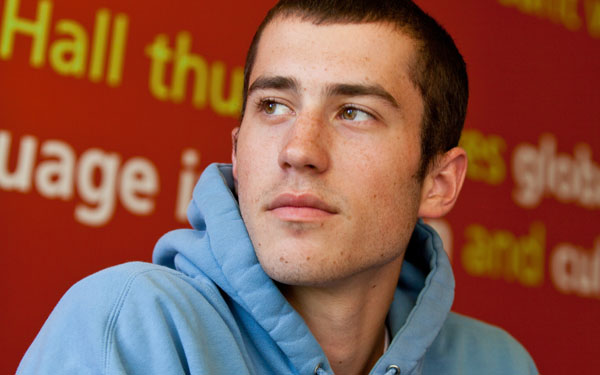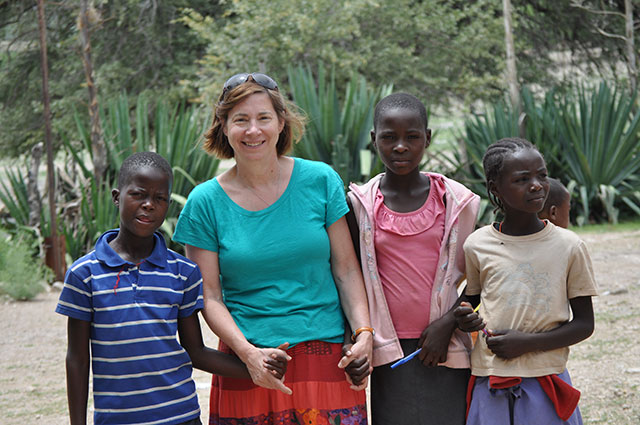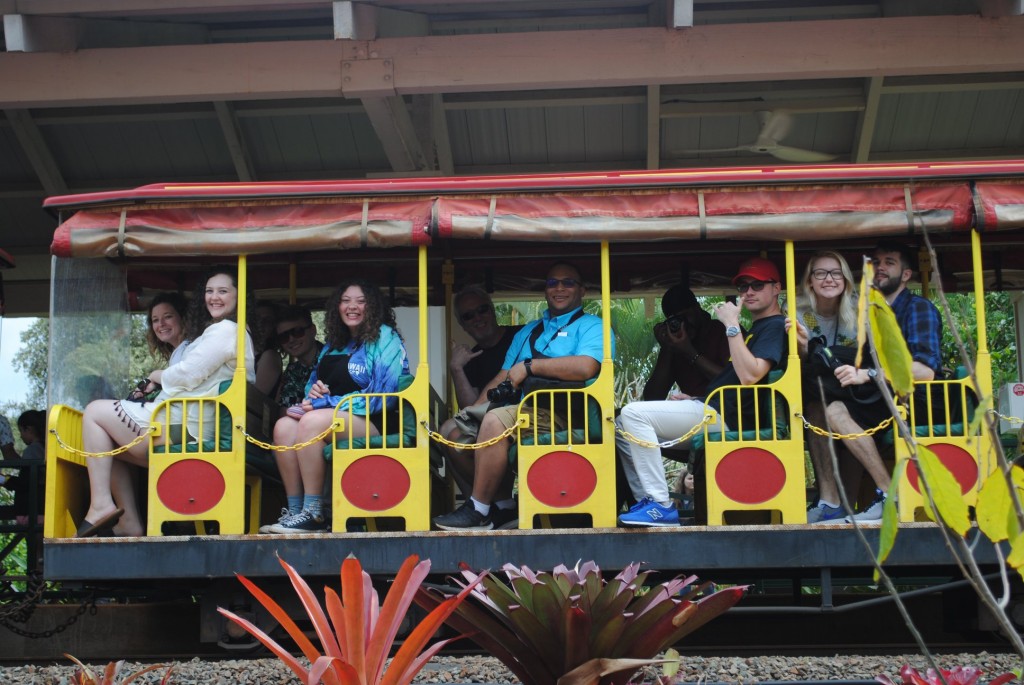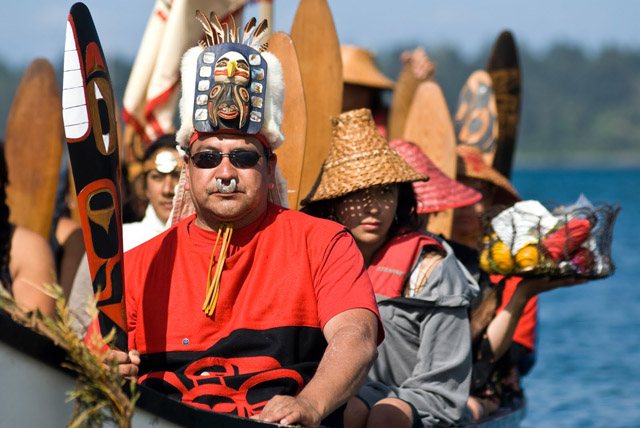Page 26 • (377 results in 0.031 seconds)
-

repeating: PLU’s IHON program is both international and honors. It’s what students like about it. That is certainly true for Nellie Moran. As someone who hopes to someday work for the U.S. Foreign Service, she is very interested in the cultural and historical contexts that shape the world. “The fact that the program was internationally focused was a huge draw to me,” Moran said. “Taking classes that force me to think more globally is so beneficial for the work I want to do in the future.” Thinking
-

traditions, while still moving the learning process forward in the schools. And learning to adapt – sometimes on the spot – with different cultural norms. Such as corporeal punishment. “Many Namibians are accustomed to being hit,” Weiss said. “It isn’t legal, but it just happens. When the kids are misbehaving, they’ll tell a PLU teacher “just beat him, Miss.”’ Of course that’s not an option for the PLU students, who find different ways to keep order in the classroom that don’t involve fists. One student
-

really small things, like molecular work, or virology, or microbiology, they can take classes on that. If they want to go bigger with the systems, in terms of ecology and organisms, they can do that too, and everything in between. I found it really amazing that students were able to create their own focus in that way. I also had a really good experience talking with students. I had lunch with three students during my interview here, and all of them were double majoring. At my undergrad institution
-

attend both performances. On the March 22, he will give a pre-concert talk about his work at 7 pm in the choral rehearsal room (room 306). He will also hold a session for students and the greater community at noon on March 23 in the Scandinavian Cultural Center, located in the Anderson University Center. TicketsAvailable online for March 22 and March 23, or by calling the campus concierge at 253-535-7411. Tickets: $15 for general admission, $10 for senior citizens, $5 for PLU community and students
-

School. Tomorrow we’ll visit ‘Iolani High School, and then share a final luau dinner and show at the Polynesian Cultural Center. We’ll get up early and head home the final day. Thank you to all of the wind ensemble student performers, Dr. Powell, all other PLU family, and our school hosts. We have had a wonderful time in Hawaii and we are honored to have shared our tour with all of you. Our tour has been a success and we can’t wait until the next time we are able to return. Mahalo! ~ Ryan Marsh
-
program to study away. However, research shows a profound impact on a student’s self-efficacy and cultural competence when they work in an international school, she said. “It’s transformative,” she said of the experience. “You’re very much aware of your perspective and other people’s perspective, and you know how to teach to those.” The Republic of Namibia gained independence from South Africa in 1990. While the constitution guarantees free, quality education for all, the education system is only 18
-
September 8, 2008 The ethics of torture Is it ever OK to torture someone?What if they have information that might prevent another 9-11? Or prevent a death of someone you know? And what exactly is torture?These prickly questions will be addressed at a forum sponsored by the Philosophy Department, to take place at 7 p.m., Sept. 15, at the Scandinavian Cultural Center. Pauline Kaurin, assistant professor of philosophy, and David Perry, professor of ethics at the U.S. Army War College, will debate
-
the world’s memory. “That’s the portrait of victims,” Herschkowitz said. “There were very few child survivors.” But he was one of them, as he escaped with his family from Belgium and survived the struggles of hate. On Oct. 24, he shared the stories of the children of the Holocaust at the Second Annual Powell and Heller Family Conference in Support of Holocaust Education in the Scandinavian Cultural Center. It’s important to hear about the lives of survivors, said Provost Patricia O’Connell Killen
-

October 25, 2010 The Tlingit tribe wait to come ashore during the Ceremonial Landing and the commencement of Tribal Journeys. We sat for hours, baking in the sun while droves of exuberant people in lavish regalia requested landfall. (Photos by Theodore Charles ’12) My Tribal Journey By Theodore Charles ’12 Every morning in Neah Bay, Wash., the cold fog would sweep through our camp and shake us from our sleep as we trundled across the grounds of the Makah Cultural and Resource Center for the
-

Hunter’s Wife A young Iñupiaq poet whose work speaks to the upheaval of families exiled from their ancestral lands, Kane was educated at Harvard and Columbia universities and now lives in Anchorage. Her poems’ syncopated cadences and evocative images bring to life the exceptional physical and cultural conditions of the Arctic and sub-Arctic regions that have been home to her ancestors ten thousand years. Amber Flora Thomas, The Rabbits Could Sing Thomas’s first book, Eye of Water: Poems, won the Cave
Do you have any feedback for us? If so, feel free to use our Feedback Form.


